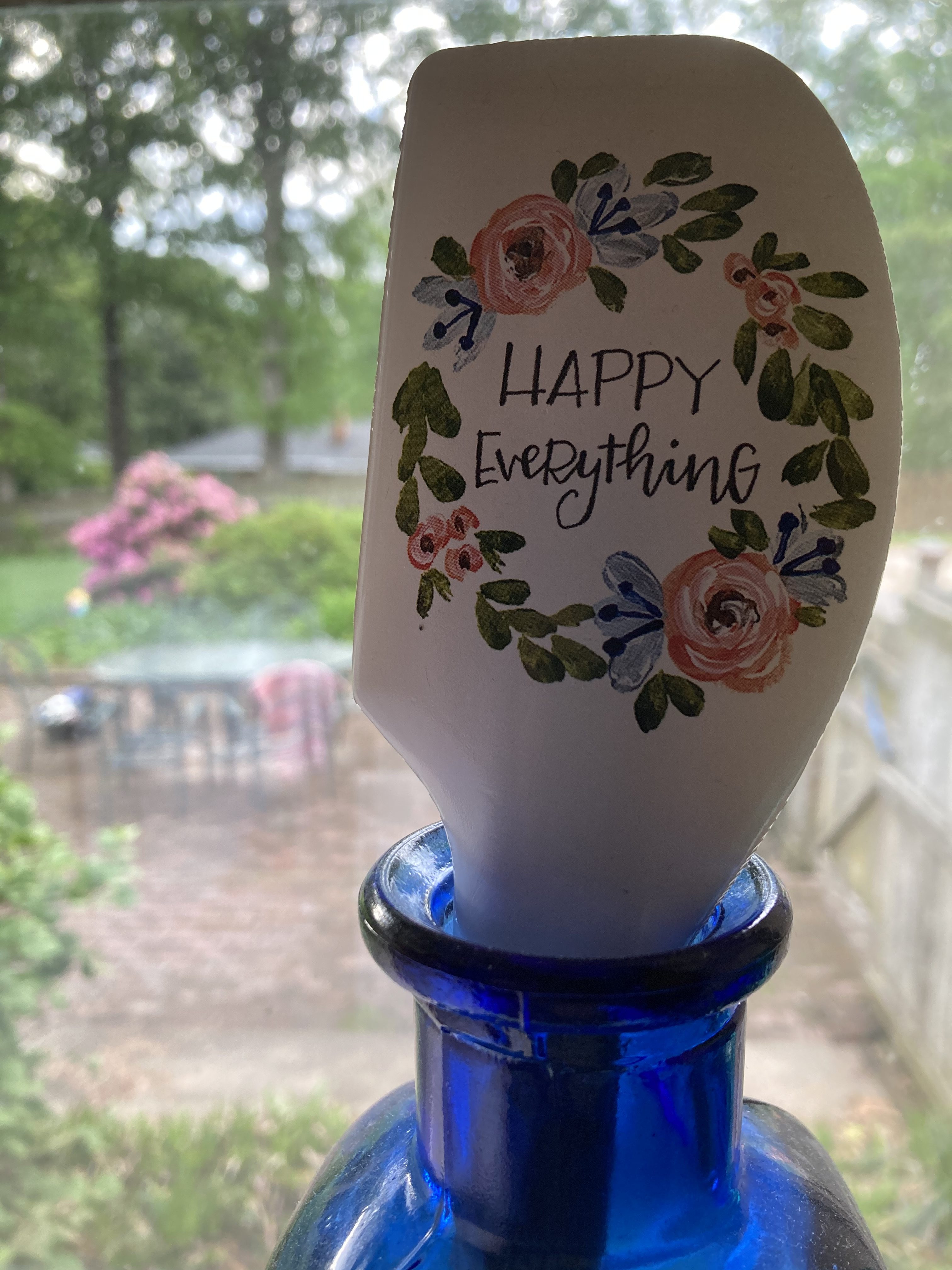
What can we learn about leadership from a priest? A priest who spent his potentially most influential years as pastor of L’Arche – a community for mentally handicapped persons? What? Plenty!
Henri J. M. Nouwen was a renowned scholar, writer, professor, and a Dutch Catholic priest. He taught for many years at such prestigious universities as Notre Dame, Yale, and Harvard. His writings were prolific and his personality was winsome.
Whether you are Christian or not, you will profit from the tiny book (81 pages) he wrote on leadership – “In the Name of Jesus: Reflections on Christian Leadership”. I read this book yesterday afternoon and was spellbound by his wisdom. Having read many texts on leadership over the years, both secular and Christian, I was captivated by Nouwen’s take on leadership…and his willingness to confront the pitfalls that can occur along the way. In a clear and succinct way, he exposed the temptations we have in leading others and the way we can extinguish them through applying certain disciplines or habits.
Nouwen points out three temptations leaders are apt to succumb to, and then he offers three disciplines to counter (and gain freedom from) them. Christian readers, you will appreciate his direction. He refers to Scripture for his teaching – two passages in particular: 1) Jesus’ questioning a repentant Peter after he had denied the Lord three times (John 21:15-19), and 2) the temptations of Jesus in the wilderness (Luke 4:1-13). I will list the temptations below and examples from my own life where they crept in:
- To Be Relevant – In recent years this has actually been a longing of mine, before the Lord. After retiring from a full and satisfying ministry life, with all our children grown and on their own, my days got very quiet. I didn’t know what to do with them. The calls to join this team or lead that work just didn’t come in. Somehow I had made relevance an idol. Thankfully God was working away at that temptation in my life. He is still at work, because I still struggle…but not like before. Earlier today, I was sitting in the waiting room while an Afghan grandmother in my care was having dental work done. It’s been my least favorite activity on the refugee resettlement team of our church. The appointments are three hours long (for the dental students’ learning), and even with books, phone, and hallways to do steps, I bristled at times at the servitude of this activity. After reading Nouwen’s book, he pointed the way to resist. Contemplative prayer is the answer. Recognizing that I don’t need to be going here or there because it is I who am needed in those situations. To use the time of seeming irrelevance to participate in a grander work than I could have ever imagined. To simply be, humbled and grateful, with God, and to have a quiet many would love to know. To remember that the work, whatever it is, came from Him to begin with. I don’t own work, or ministry, or service of any kind. It is an opportunity to show up for a greater good, in a quieter state, where I am surrendered, making myself available, to love others more than myself – “in the name of Jesus”.
“I’m telling you all this because I am deeply convinced that the Christian leader of the future is called to be completely irrelevant and to stand in this world with nothing to offer but his or her own vulnerable self. That is the way Jesus came to reveal God’s love…God loves us not because of what we do or accomplish, but because God has created and redeemed us in love and has chosen us to proclaim that love as the true source of all human life.” – Henri Nouwen
2. To Be Popular (Spectacular even) – What a temptation this is. It is stealthy. We sometimes aren’t even aware that we experience it. Until we are. Sigh… Leadership lends itself to singular popularity (even in situations where people love to hate you…it’s still a superlative position of a sort). When we rise through the ranks, through experience mixed with education, it can be a very individualistic journey. “Lonely at the top”. However, there is a head trip attached where we become prone to thinking that we are the ones to call, or to consult, or to give opinion, or have the last decision. This temptation to want to be “the one” is fortunately tempered by doing work/life/church in community. By taking someone along. By sharing decision-making. By including those most affected in the conversation. Making room around the table. Nouwen, in regards to this temptation, calls the reader to Confession and Forgiveness. When is the last time you heard a leader confess a weakness or struggle? When did she or he ask forgiveness for a decision that turned out poorly or for a moral failure exposed? Being willing to remove the cape of the hero, and step off the pedestal, takes a humility that allows for, mutual confession and forgiveness within the larger community.
3. To Be Powerful – What a temptation!! To believe that we could actually have power over other people’s lives. To be in a position of making sweeping decisions with little restraint. To be surrounded by those who (dealing with their own temptations) would go along with the decisions out of their own need for popularity and power. It’s messed-up. In fact, what we think is our leading is really being led (by our own preferences, or the pressures of that vaunted position). What’s the solution? Now, each of these temptations so far has had a spiritual response – prayer, confession and forgiveness. What is the way forward when power has taken the driver’s seat? Theological Reflection. Nouwen is NOT talking about the answers that may be debated in the seminary classroom. It goes far deeper…to actually look for the truth in the background…and seeking to act on what is true…not for the sake of relevance or popularity or to hold onto power.
“Christian leaders have the arduous task of responding to personal struggles, family conflicts, national calamities, and international tensions with an articulate faith in God’s real presence. They have to say ‘no’ to every form of fatalism, defeatism, accidentalism or incidentalism which make people believe that statistics are telling us the truth. They have to say ‘no’ to every form of despair in which human life is seen as a pure matter of good or bad luck. They have to say ‘no’ to sentimental attempts to make people develop a spirit of resignation or stoic indifference in the face of the unavoidability of pain, suffering, and death…Theological reflection is reflecting on the painful and joyful realities of every day with the mind of Jesus and thereby raising human consciousness to the knowledge of God’s gentle guidance.” – Henri Nouwen
______________________________________________________________________________________________________________
Henri Nouwen left the lofty academic environment to join in community with those who would not incline to be impressed with his credentials. Yet, in the setting of L’Arche, Nouwen dug deep into how to lead in gentler and more loving ways, with the example of the life of Jesus, and the nearness of God and community.
The beauty of his life laid down has given me pause to look differently at leadership and the possibility of being led…by a God who loves us first, in servant mode, in community with others…in the name of Jesus.


















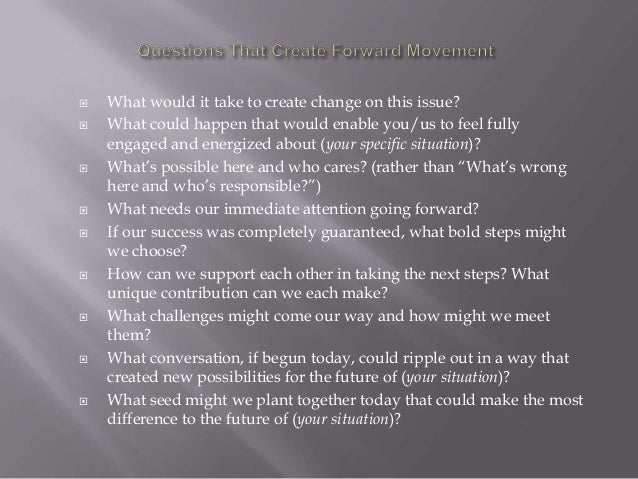 Photo Credit:
Photo Credit: 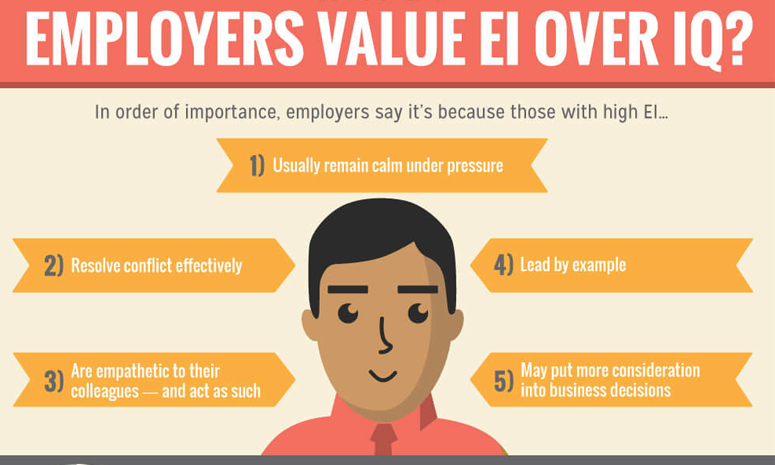
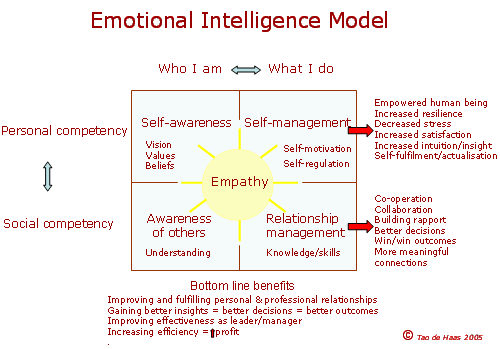


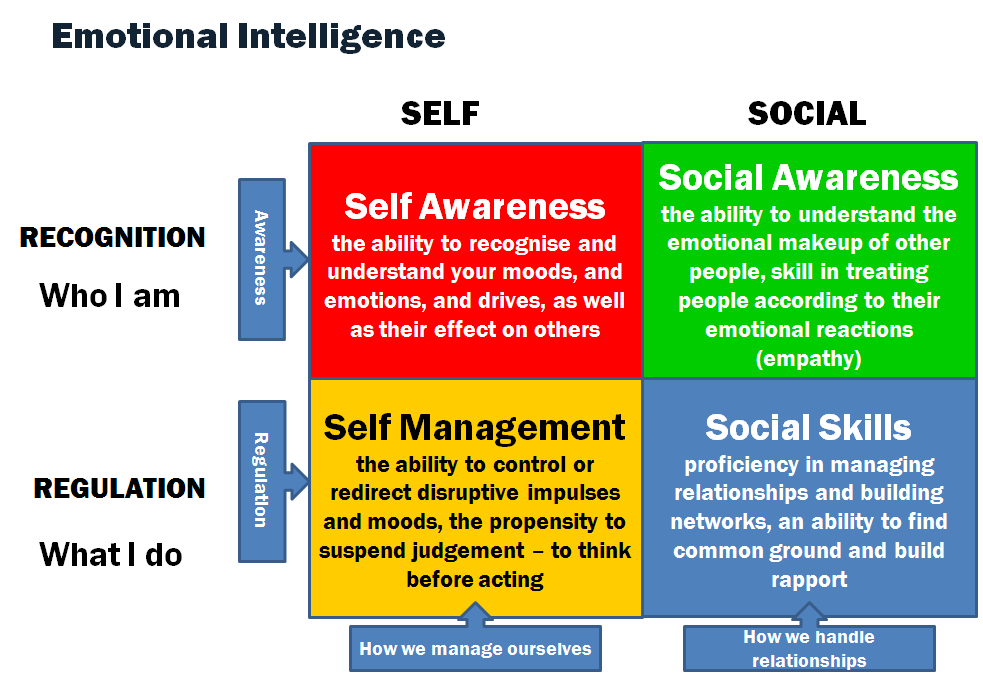

 Photo Credit –
Photo Credit –  Photo Credit –
Photo Credit – 













































